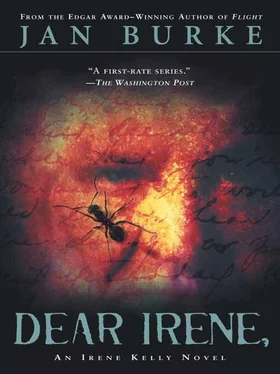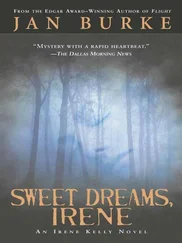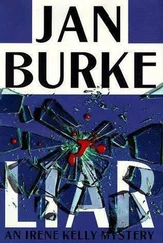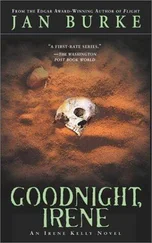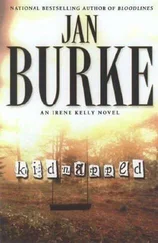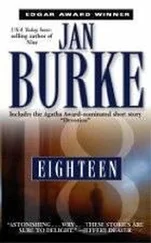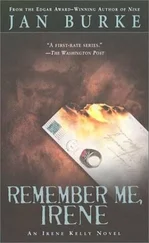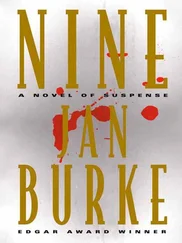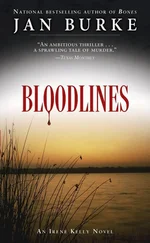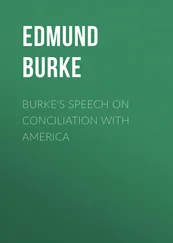“Thank God Mr. Davis didn’t fly his plane before I read my mail.”
“Yeah. Thanatos’ luck may be changing. I can’t tell you how good it feels to be beating this bastard at his own game.” He didn’t have to tell me; I could hear it in his voice.
“By the way, I’ve got good news, too.” I told him about Pauline Grant and what I had learned. “Let’s compare notes again tonight. For now, I’ll have to transfer you to Mark Baker so you can tell him about what happened at the airport – they’ll have my head on a platter if I try to cover the story myself.”
I transferred the call and then made appointments to talk to Justin Davis, Don Edgerton, and Howard Parker. It was going to take up most of the rest of the day, but I didn’t want to delay seeing them. I’d be meeting with each of them later in the afternoon.
I had a sense of drawing closer to my quarry. I remembered my old beagle, Blanche, and how she’d bay when she caught a scent. If I hadn’t been certain that my coworkers would peg me as an up-and-coming Zucchini Man, I probably would have bayed right there in the newsroom.
I had a couple of hours before my first interview, so I used the time to write a piece on the possible connection between Thanatos’ activities and the Olympus Child Care Center case. I read it through a couple of times and filed it long before deadline.
I looked at my copy of Thanatos’ last letter and smiled.
“Your fate is linked to mine, all right, Thanatos. But you won’t believe what old Cassandra here envisions for your destiny.”
Aah-whooooooooo.
AT JOHN’S INSISTENCE, Mark Baker came with me for the interviews. I wasn’t unhappy about it; I enjoy Mark’s company. Mark had a lot of work to do, but figured that talking to these three men fit in with most of it. Mark is tall and broad-shouldered, so to avoid resting his chin on his knees in my Karmann Ghia, he offered to drive.
As we made our way across town to our first stop, Howard Parker’s house, I filled Mark in on what I had learned from the microfilm.
“Did I ever tell you that my mother worked in one of those aircraft plants?”
“No, you didn’t. For Mercury?”
“No. She worked for Lockheed. She worked there for years, just retired not too long ago. She started out on wing assembly. Being able to work in a factory was a big change for her; she had cleaned houses before that. She always said that if that war work hadn’t come along, she’d just be one more black woman working in a rich white gal’s kitchen. War plants paid a lot more than maid’s work, needless to say. Made a big difference to our family.”
“Did your dad work there, too?”
“No, he was in the military during the war years. After that, he went to work for the California Eagle. The Eagle and the Sentinel were L.A.’s African-American newspapers in those days. So now you know why I ended up studying journalism.”
AS WE DROVE down Howard Parker’s street, Mark nodded toward a car parked near a jacaranda tree, about two doors down from Parker’s house. “Gee, two guys in suits sitting in a Plymouth on a weekday afternoon. Don’t suppose they could be the law, do you?”
“You know those guys as well as I do. Reed Collins and Vince Adams. They go drinking with you at Banyon’s on Friday nights.”
He laughed.
When we pulled up in front of the house, Detective Collins got out of the car and walked up to greet us. “Hello, Irene. This guy have any ID?”
“You’d like to forget who I am, Reed,” Mark said. “Like you want to forget that Kings game. So much for honest cops.”
“Baker, you wound me.” Reed reached into his back pocket and pulled out his wallet, then handed Mark a ten-dollar bill.
“Mr. Baker,” I said in mock-horror, “are you going to accept a gambling payoff from an officer of the law right here on a public sidewalk?”
“Absolutely.”
“To hell with that,” Reed said, walking away. “Ask him why he bet against the Kings.”
At my narrowed gaze, Mark shrugged and said, “Edmonton had Grant Fuhr in goal. I can never bring myself to bet against him.”
I have to admit that Mark’s bet was not too iffy. Fuhr’s goal tending often made the opposing team wonder why they bothered to put on their skates.
HOWARD PARKER WAS a tall, thin man; he was so skinny, you had to wonder what the hell his belt was resting on. But his big brown eyes and easy smile gave him a pleasant face, and his handshake was firm.
A grandfather’s clock chimed three o’clock as he ushered us into his living room. The furnishings were highly polished and old-fashioned. Lots of dark wood and soft fabric. Family photographs – Parker with a smiling, robust-looking woman; high school graduation pictures of two boys who appeared to be twins – covered a mantelpiece over a brick fireplace which had been painted white. But the house was quiet, as if none of these other people were home. There was a combination of neatness and stillness that gave it a museum-like quality, amplifying the ticking of the clock and the sounds of cupboards being opened as Parker busied himself in the kitchen.
He came back out bearing a large silver tray ladened with a plate of store-bought cookies and three delicate china cups filled with coffee. He was nervous, and the cups rattled a little as he handed them to us. “Since my wife passed on, I’m afraid I don’t get to play the host very often,” he said, finally taking a seat. The overstuffed chair he sat in seemed to be in direct contrast with his own body shape.
A widower’s house. Relatively recent and beloved, I thought. Mark was already gently asking the question.
“About eight months ago,” Parker said. “Heart trouble.” He was a little misty-eyed for a moment.
We expressed our condolences, and took turns getting him to talk a little about himself. He told us that he was a retired math teacher. “I’ve lived in Las Piernas since the day my mother transferred down here. I graduated from high school here, went to college here, met my wife here – worked here almost all my life. My twin boys were born and raised here. They decided to go away to college, though. I think they were half afraid they’d never leave Las Piernas if they didn’t do it to go to school. But they stayed together – they’re both at Cal, up in Berkeley.”
“Mr. Parker, do you recall an incident at the Olympus Child Care Center, when a child about your age was injured?” I asked.
“Injured! He died. Of course I remember it. I was eight years old. Wait a minute – do you think all of this killing has something to do with that?”
“Can you think of any reason that it might?”
“I don’t know. I don’t know. It’s just that the child care center had something to do with Mercury Aircraft. And when the kid who was hurt died, we all got sent down here.”
“Did you see it happen?”
“No, no. I was on the other side of the playground. But some of the other kids were right there – started screaming. That brought the rest of us running. Ambulance came and took him away. Robbie. That was his name. He died later.”
“You knew Robbie?”
He made a face. “Yes. I suppose you shouldn’t speak ill of the dead, but I don’t have any fond memories of Robbie. He was a bully. A little bigger than the rest of us and mean. I was just as skinny then as I am now, and Robbie used to pick on us all the time.”
“Us?” Mark asked.
“Oh, any of us that he could intimidate. Jimmy, me, other kids. I don’t remember their names. Only Jimmy. What happened to Jimmy scared me so much, I had nightmares about it for years as a kid.”
“What happened to Jimmy?” I asked. “I thought Robbie was the one who was killed.”
Читать дальше
